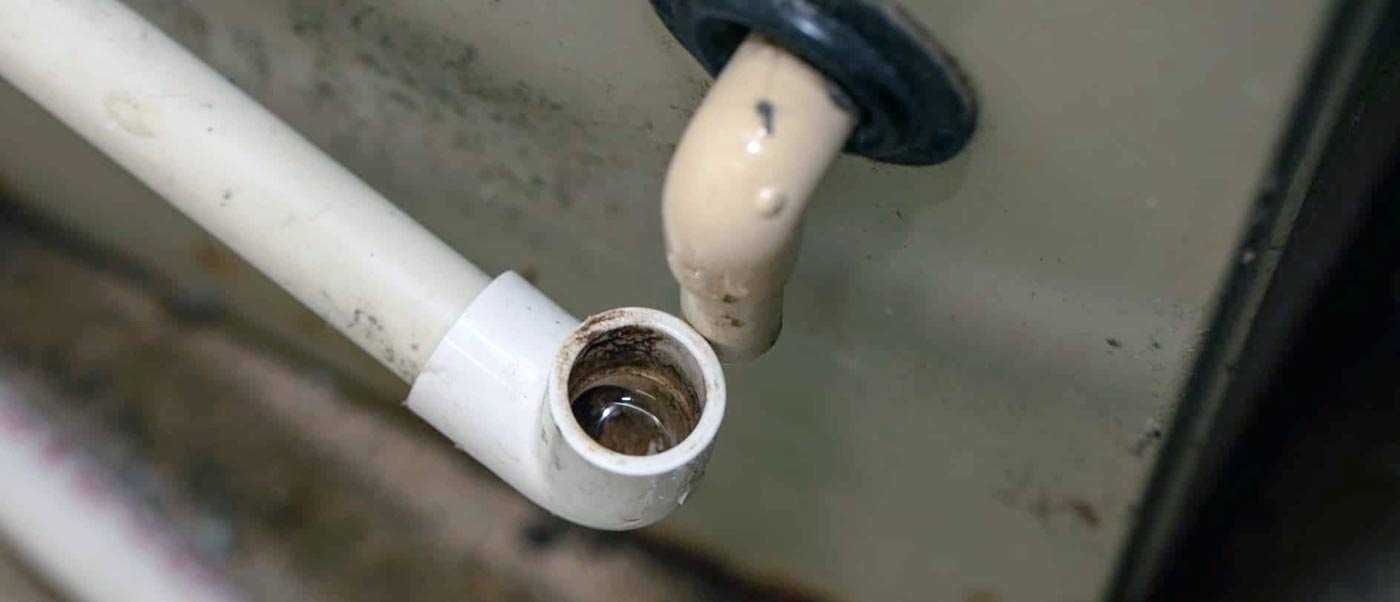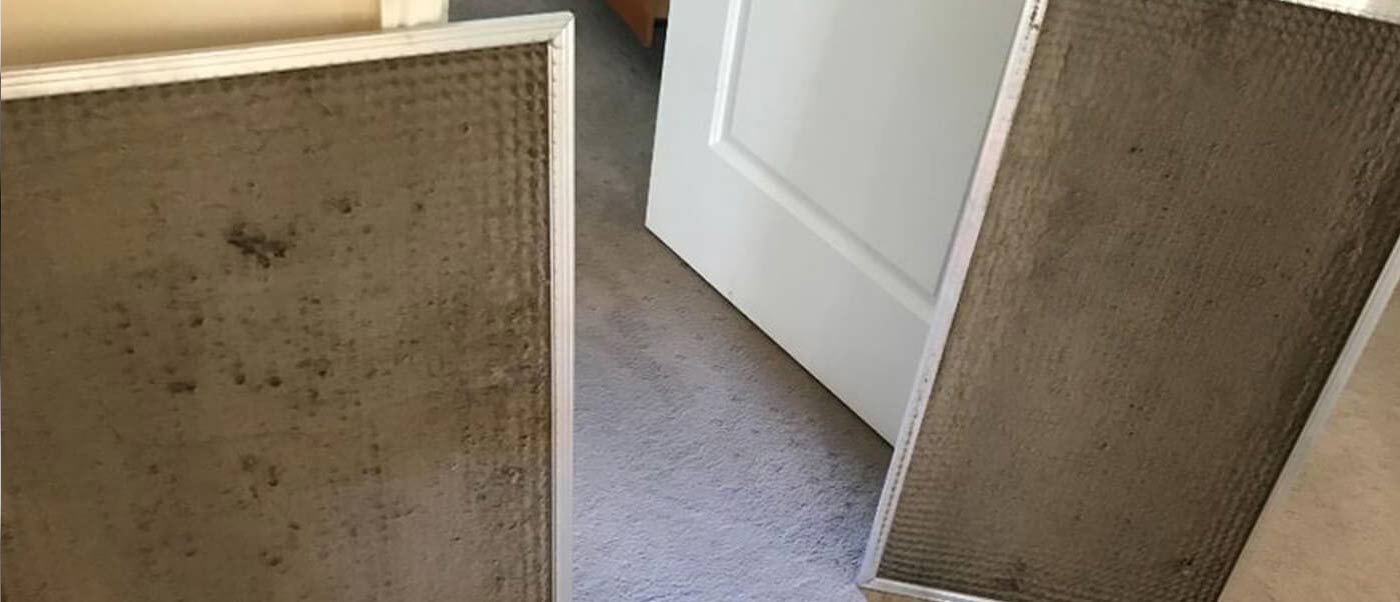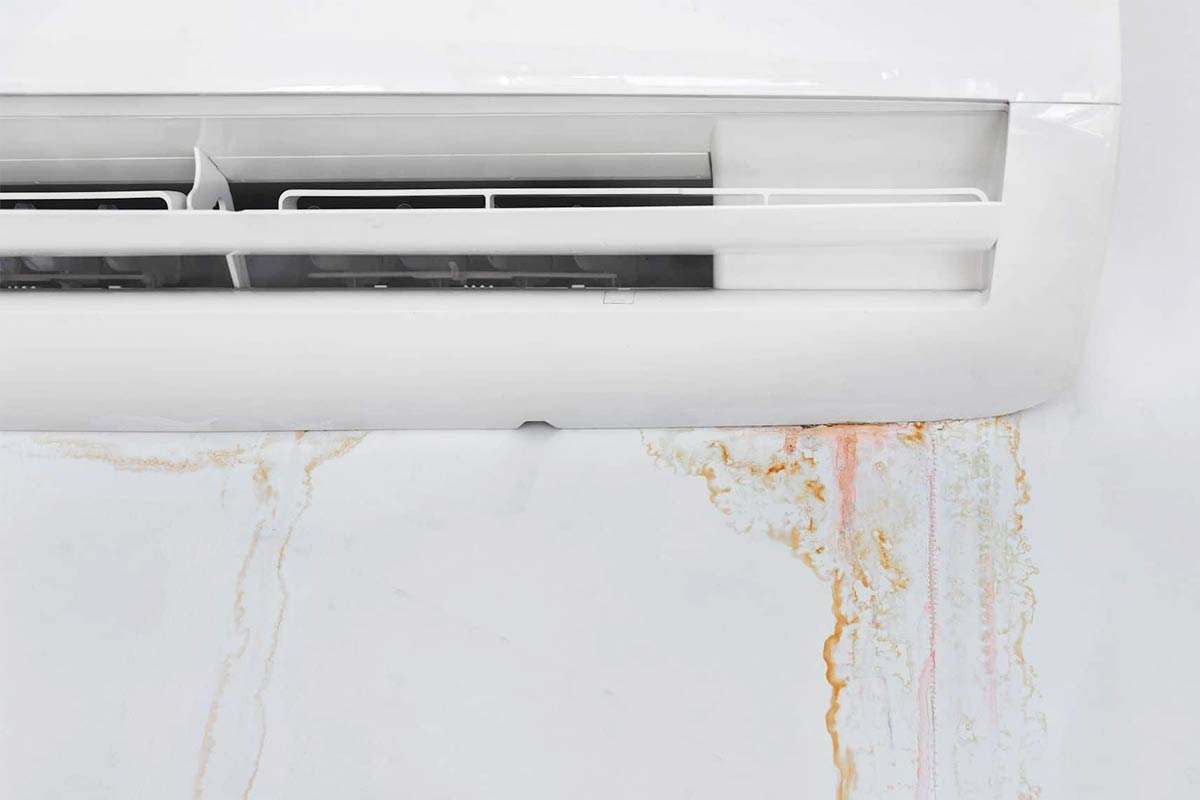
Air conditioning is practically a necessity now, especially during the warm months of summer. But, with Australian weather staying notoriously hot throughout the year, we’re likely to be very reliant on our air conditioning even during non-summer months.
Due to continuously working to make your space cooler, air conditioning systems can develop problems over time – one of the most prevalent issues is water leaks from the main aircon unit.
These leaks can be very frustrating, as they can lead to many health hazards and prevent your air conditioning systems from working efficiently, causing you to experience discomfort when the temperatures go through the roof.
Having a clear understanding of what causes air conditioning units to leak water can help you fix it or seek professional help when you spot the first signs that could lead to leaks.
So, here are the most common reasons that can cause your air conditioner to leak water.
Clogged drain pipe

The drain pipe is a critical component of an AC unit as it removes condensate from the evaporator coil in the air conditioner.
Over time, this pipe can accumulate all kinds of dirt, debris and algae, which could block it and prevent it from draining the liquid accumulated through condensation. This can cause the condensate to flow into the main unit and start leaking water.
The good news is that many modern air conditioners have a shutoff feature that kicks in when it detects a clog in the drain pipe, preventing any further damage to the unit.
If your air conditioner shuts off automatically, it could mean that the drain pipe is blocked, and simply cleaning it out can help stop it from leaking.
If you’re not sure about cleaning your drain pipe by yourself, ask a professional to do it for you.
Poor installation
Mistakes when installing your air conditioning system may cause your unit to develop problems down the line.
For instance, installing the drain pipe at a higher elevation than the main air conditioning unit could cause the excess water to flow back into the main unit, causing leaks.
Low refrigerant gas levels
Low levels of refrigerant gas could cause the pressure inside the air conditioning system to fall. This may cause the evaporator coils to freeze up and cause water in the drainage pan to overflow.
If this is the case, you’ll need to get the source of the leak fixed and the gas replaced.
Dirty air filter

Air conditioner filters can get dirty over the course of their operation if your air con unit isn’t cleaned regularly.
The dirt and grime will hinder the airflow to the evaporator coil and cause the temperature to drop, leading to freezing. This can cause water to start dripping into the drain pan and eventually cause an overflow.
The air filters must be cleaned at least once a month to remove any dust and dirt.
If you have a wall mounted air conditioner, you can simply remove and wash the air filter with clean water and some dishwashing detergent, but if you have a ducted air conditioner, it could be more difficult to clean. You may need a professional air conditioning technician with the right tool to help you.
Damaged drain pan
Drain pans may start to rust after years of use, which will eventually damage the drain pan, causing it to lose its ability to hold water and drip water into the main air conditioning unit.
If you have an air conditioner that’s over 15 years old, you could potentially run into this problem—simply replacing the drain pans can prevent a leak.
Broken condensation pump
The condensation pump is a feature of some air conditioners that have their drainage units placed above the main unit and helps drain out the excess water.
When the pump doesn’t work, the drain pan will fill up with water and start to leak.
Keep your air conditioner in tip-top shape
Water leaks can go from being a minor annoyance to a major problem for homeowners, but when you service and maintain your air conditioner regularly, it can serve you for many years to come.
We at Alliance Climate Control specialise in air conditioning maintenance and when you work with us, you can rest easy knowing your air conditioning unit is in the right hands.
Call us on 02 8061 5023 and consult our air conditioning specialists today.





